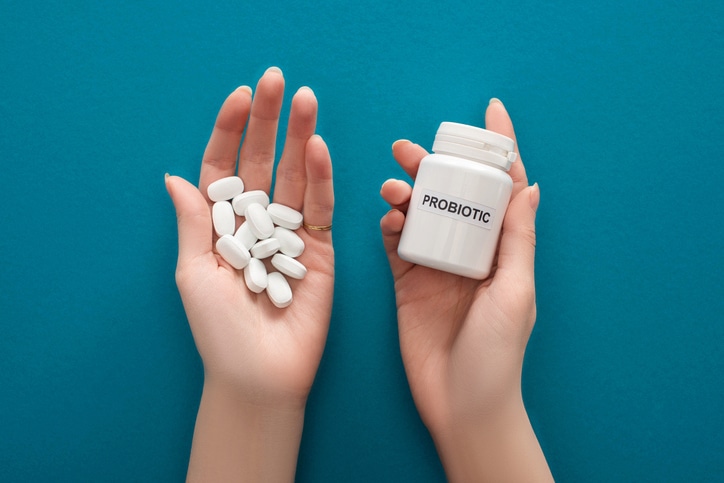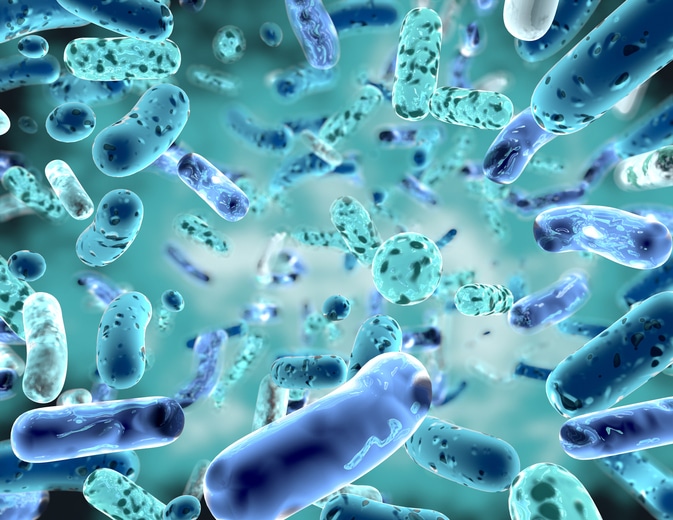
Probiotics are categorized as microorganisms most typically found in dairy products, and consumed for their proven health benefits. Research has linked the consumption of the live and active culture of probiotics with the alleviation of numerous gastrointestinal troubles, and with helping to ease the symptoms of lactose intolerance.
While consumers are likely to be most familiar with probiotics packaged into well-known yogurts, yogurt drinks, and cheeses, probiotics can also be manufactured into pill or tablet format for consumption as a natural health product. Before any products containing the active bacteria are released to market in Canada, however, they must receive the proper oversight.
To understand more on what goes into this process, let’s take a closer look.
The Known Health Benefits of Probiotics
Consumers are often referred by health practitioners and nutritionists to the use of probiotics to alleviate various gastrointestinal ailments. Reputed for their ability to restore the natural flora of the gut, probiotics are known to ease such physical gastrointestinal ailments as:
- Gas
- Diarrhea caused by antibiotics
- Constipation
- Symptoms of irritable bowel syndrome
Probiotics are used as an ingredient in all kinds of well-known yogurts and dairy drinks that can be found in any grocery store. Those training in pharmaceutical quality control may have noticed they are also typically found in pharmacies, sold either in pill or capsule format, or in a concentrated drinkable format.

Probiotics are known for their ability to relieve many gut discomforts and symptoms
Regulation of Probiotics in Natural Health Products (NHPs)
Probiotics sold in pharmaceutical dosage formats, such as tablets and capsules, are categorized as natural health products (NHPs), and are regulated by Health Canada’s Natural Health Products Directorate. To be allowed for sale in Canada, the producer of the probiotic NHP must obtain a license. The requirements for obtaining an NHP product license include specifications on:
- Acceptable health claims
- Associated doses
- Source materials
- Risk information
If the producer’s unique claims or doses do not fit within specified guidelines, they are permitted to seek a product license under the unique claim. In these cases, the producer must provide evidential support on the probiotic product’s safety, efficacy, and quality.
What Students of Pharmaceutical Courses Should Know About Probiotic Safety
Some of the most well-known probiotics appearing as ingredients in foods include lactobacilli and bifidobateria. These common forms of bacteria have a long history of safe use in Canada sold as foods. This means that bacterial cultures not considered to be novel foods under the country’s Food and Drug Regulations are not required to undergo any premarket safety review. In order to have been considered safe for use in industrial practice, these will have undergone a rigorous review process to control the quality and assurance of such components as:
- Bile and acid stability
- Viability throughout the manufacturing process
- Effects on carbohydrate, protein, and fat utilization
- Colonization properties and immunogenicity

Probiotics often contain lactobacilli and/or bifidobateria
Oversight of Claims About Probiotic Products
Those training in pharmaceutical quality assurance will be interested to know of the careful oversight Health Canada gives to the regulation on the claims about the probiotics sold in pharmacies as natural health products. Representations or health claims for therapeutic use in humans of such products might include such things as:
- Diagnosis, treatment, or mitigation of a disease
- Prevention of a disease, disorder, or abnormal physical state
- Restoring, correcting, or modifying body functions

Claims about probiotic NHPs must be validated through a careful Health Canada review process
Claims of this type can also be made of some foods, in which case the food in question will be classed as a natural health product. Currently, foods containing probiotics are only permitted to be labeled with claims on certain disease reductions. The validity of health claims in all products containing probiotics is reliant on the manufacturer consulting with Health Canada, who will work with the producer to ensure claims are valid and allowable under the existing Food and Drugs Regulations.
Interested in taking specialized pharmaceutical courses in the pursuit of one of many exciting careers in the field?
Contact the Academy of Applied Pharmaceutical Sciences for more information on its Pharmaceutical/Regulatory Affairs Certificate program!



